R U OK? Day encourages Australians to notice the signs of someone struggling
Today is R U OK? Day with the national suicide prevention charity asking Australians to support their friends and family who may be struggling with life, and Trust the Signs, Trust your Gut and ask, “Are you OK?”
![<p>Layne Beachley, professional surfer and R U OK? Ambassador, is helping to spread suicide prevention awareness for R U OK? Day. [Source: R U OK?]</p>](https://agedcareguide-assets.imgix.net/news/articles/news/articles/Layne-Beachley-R-U-OK-Abassador_Landscape.jpg?fm=pjpg&format=auto&w=550&q=65)
Layne Beachley, professional surfer and R U OK? Ambassador, is helping to spread suicide prevention awareness for R U OK? Day. [Source: R U OK?]
A national day of action, the R U OK? Day campaign encourages people to meaningfully connect with loved ones and double-check people are genuinely doing okay with the ups and downs of life.
Data released by the Australian Bureau of Statistics in 2015 found older men over the age of 85 had the highest rate of suicide in Australia, which is double that of teenagers. The suicide rate of 85 year old men and older was 39.3 per 100,000 people.
Additionally, a study between 2000 and 2013 by the International Journal of Geriatric Psychiatry, found that 140 residents had taken their own lives. Nearly 70 percent of the group were male, another 66 percent had depression and nearly 80 percent were experiencing huge life stresses.
Isolation and loneliness is also a prevalent issue among older Australians with many seniors struggling to adapt to living in a nursing home.
Chief Executive Officer of R U OK?, Katherine Newton, says what people say, do and have going on in their life can provide signs to their friends and family about whether they need support them, especially older men in aged care settings.
“We know the majority of Australians believe talking to someone who’s struggling can make a difference. But what we’re hearing is that people aren’t sure when is the right time to have an R U OK? conversation,” says Ms Newton.
“Signs can be subtle changes in verbal or non-verbal behaviour. You might spot a loved one having unusual mood swings, changes in sleep, or a mate might be withdrawing from social situations.
“We’re encouraging people to look out for those cues. We should also make a conscious effort to reach out to someone going through significant life changes.
“This R U OK? Day, we want to empower people to trust their gut instinct and ask the question as soon as they spot the signs that someone might be struggling with life.”
R U OK? also released information from research they commissioned, which found that nearly two-thirds of Australians (63 percent) were not confident they knew the signs of someone struggling with life.
The survey also found that 41 percent of participants had not asked someone if they were doing okay because they weren’t sure of the signs.
Luckily, the survey showed that 49 percent of participants believe they would be more confident starting conversation if they knew the signs.
R U OK? recently undertook a nine week Trust the Sign Tour to spread awareness and increase people’s confidence in noticing signs of distress from their loved ones.
The tour finished today in Sydney after engaging with 24 communities with educational experiences exploring signs and suggesting ways to start the conversation.
R U OK? is encouraging all Australians to learn the signs, download a practical toolkit and have regular meaningful conversations across their communities.
For more information on how to get involved or notice the signs of someone struggling with life can be found on the R U OK? website here, or for 24/7 support contact Lifeline on 13 11 14.
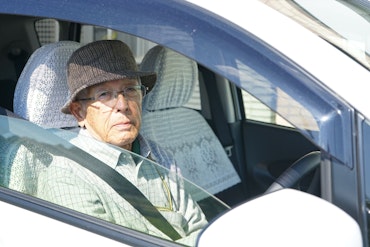


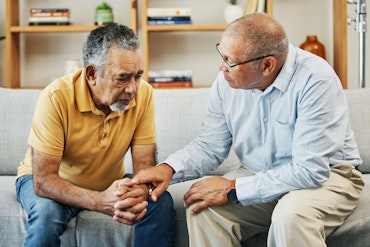








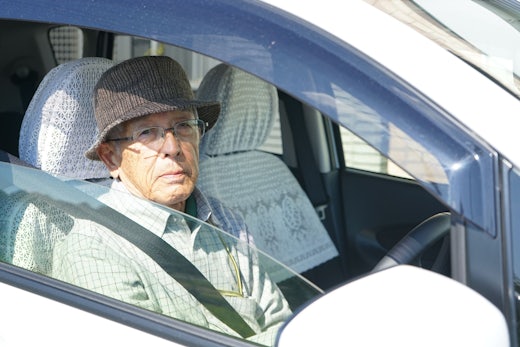
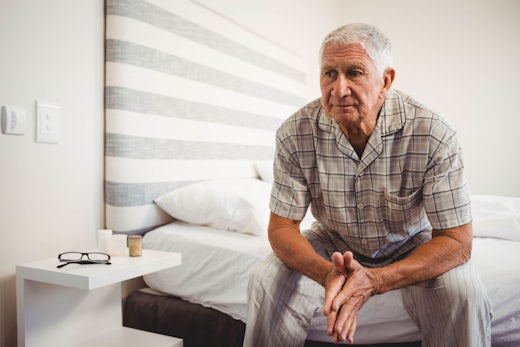
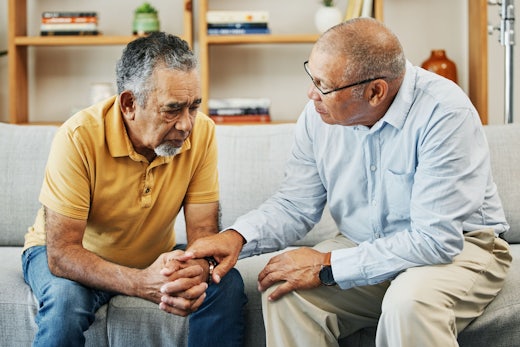








Comments